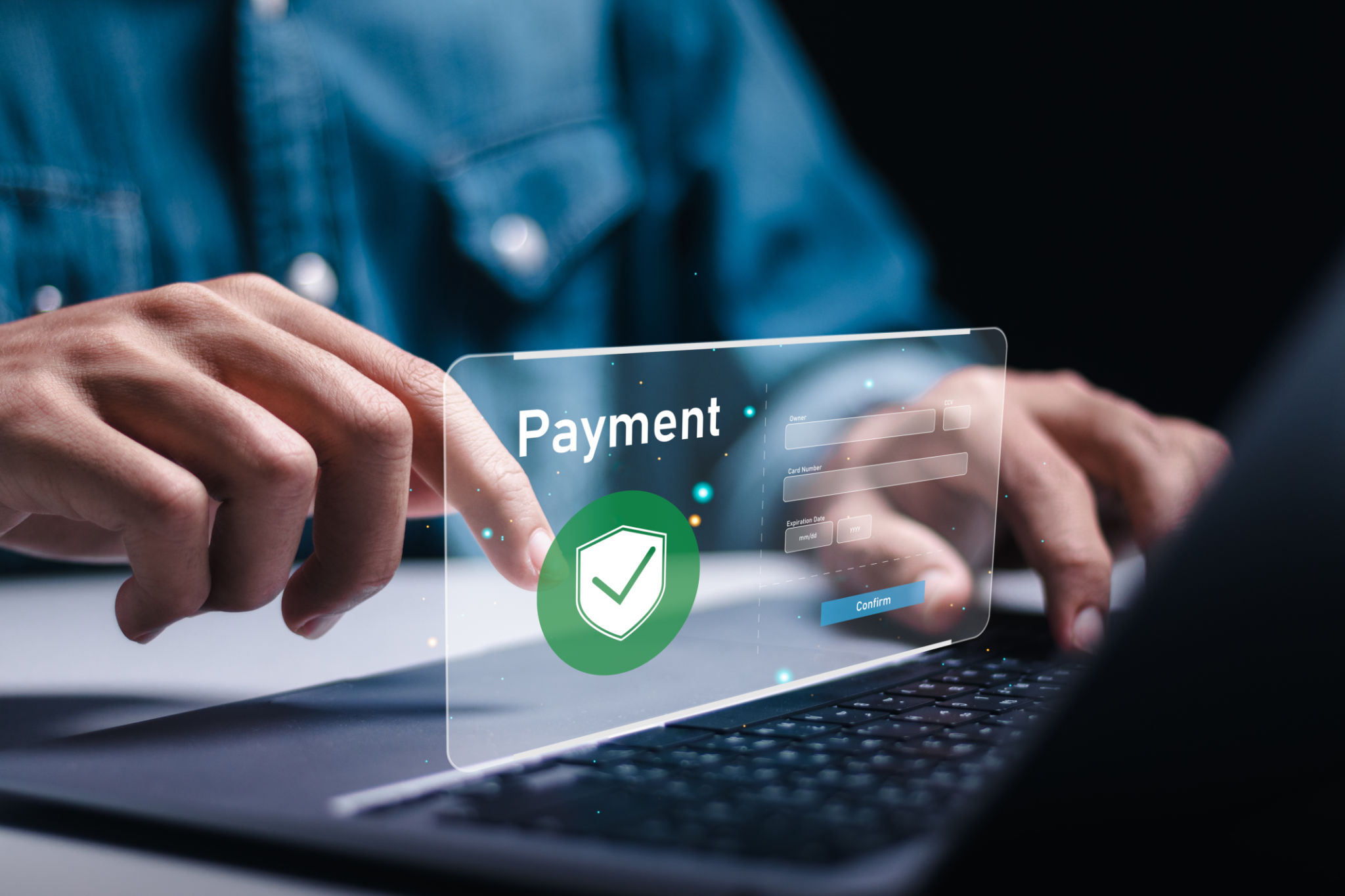Expert Tips for Safe and Secure Online Shopping
Understanding the Risks
Shopping online offers unparalleled convenience, but it also comes with its own set of risks. Cybercriminals are constantly developing new techniques to exploit unsuspecting shoppers. Being aware of these risks is the first step to safeguarding your personal and financial information.

Recognizing Suspicious Websites
Not all online stores are created equal. Before making a purchase, ensure the website is legitimate. Look for a URL that begins with https:// and a padlock icon in the address bar. These indicate that the site uses encryption to protect your data. Additionally, research the website by reading customer reviews and checking for a physical address or phone number.
Secure Payment Methods
When it comes to paying for your purchases, opt for secure payment methods. Credit cards and reputable payment services like PayPal offer additional layers of protection compared to debit cards. These methods often come with fraud protection policies that can help you recover your money if things go awry.
Avoiding Public Wi-Fi
Public Wi-Fi networks are convenient but can be a gateway for hackers to access your sensitive information. Avoid making purchases or entering personal information while connected to public networks. If you must use public Wi-Fi, consider using a VPN to encrypt your internet traffic.

Keeping Software Updated
Ensure your devices and software are up-to-date. Software updates often contain security patches that protect against vulnerabilities exploited by cybercriminals. Enable automatic updates whenever possible to ensure you're always using the latest version.
Using Strong Passwords
Your passwords are the first line of defense against unauthorized access. Use strong, unique passwords for each account, and consider using a password manager to keep track of them securely. Avoid using easily guessable passwords like "123456" or "password."
Monitoring Your Accounts
Regularly monitoring your bank and credit card statements can help you catch any unauthorized transactions early. Set up alerts with your bank to notify you of any suspicious activity. The sooner you detect fraudulent activity, the easier it will be to mitigate potential damage.

Educating Yourself
Stay informed about the latest scams and phishing techniques. Cybercriminals often pose as legitimate companies to trick you into revealing personal information. Be wary of emails or messages that ask for your credentials or financial details, especially if they create a sense of urgency.
- Verify the sender's email address before clicking on any links.
- Avoid downloading attachments from unknown sources.
- Never share personal information through email.
By following these expert tips, you can enjoy the convenience of online shopping without compromising your security. Being proactive about online safety will give you peace of mind and protect your valuable information from falling into the wrong hands.
